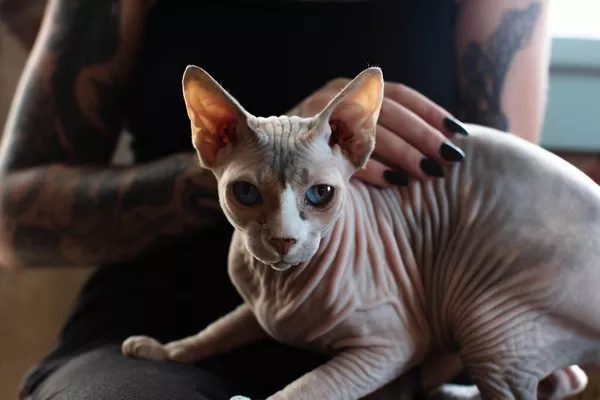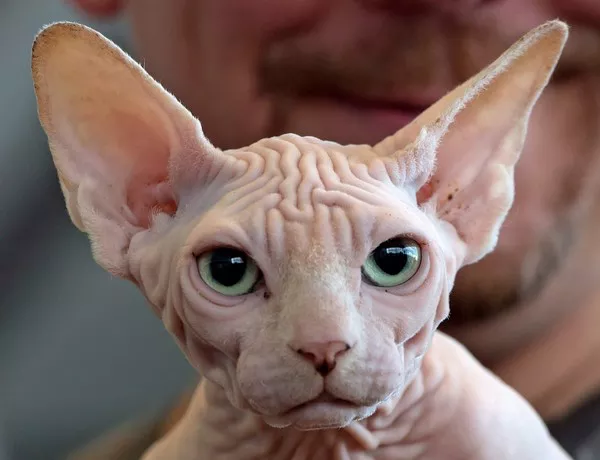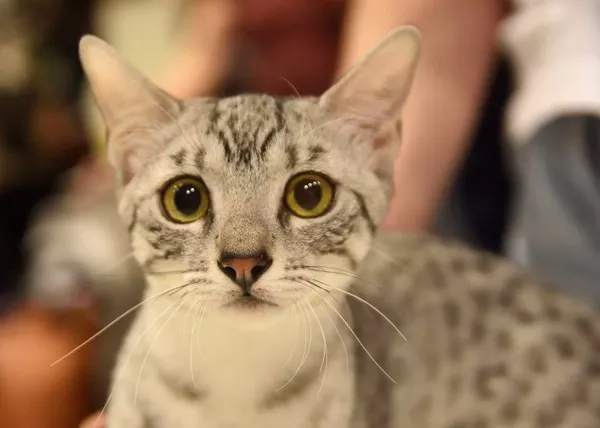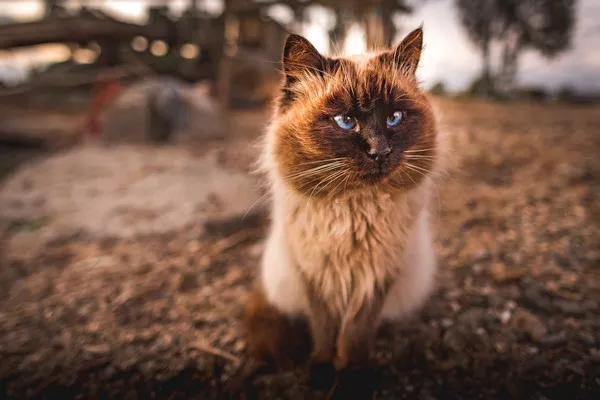Sphynx cats, with their distinctive hairless appearance and affectionate personalities, have gained popularity as beloved feline companions. For individuals passionate about these enchanting felines, becoming a Sphynx breeder can be a rewarding and fulfilling endeavor. However, embarking on the journey of breeding Sphynx cats requires careful preparation, dedication, and a genuine love for the breed. In this article, we provide a comprehensive guide on how to become a Sphynx breeder, from understanding the breed’s characteristics to establishing a responsible breeding program.
1. Understanding the Sphynx Breed: Research is Key
Before diving into Sphynx breeding, it is crucial to gain a comprehensive understanding of the breed’s unique characteristics, history, and temperament. Research the breed’s origins, traits, and potential health issues. Attend cat shows, meet experienced Sphynx breeders, and join online forums or breed-specific groups to learn from their experiences and insights.
2. Ethical Considerations: The Welfare of the Breed
Responsible breeding requires ethical considerations to prioritize the health and well-being of the cats. Be prepared to adhere to the guidelines and best practices set forth by reputable cat breeding organizations, such as The International Cat Association (TICA) or Cat Fanciers’ Association (CFA).
3. Establishing a Breeding Program: Planning for Success
Creating a well-thought-out breeding program is essential for success as a Sphynx breeder. Outline your goals, breeding objectives, and long-term vision for the breed. Consider factors such as genetic diversity, health screening, and improving breed standards in your breeding program.
4. Finding a Mentor: Learning from Experience
Seeking guidance from experienced Sphynx breeders can prove invaluable. Look for a reputable mentor who is willing to share their expertise and knowledge, guiding you through the intricacies of Sphynx breeding. A mentor can provide insights into breeding practices, kitten care, and navigating the challenges of the breeding journey.
5. Selecting Quality Breeding Stock: Healthy Foundations
The foundation of a successful Sphynx breeding program lies in selecting healthy and genetically sound breeding stock. Partner with established breeders or catteries to acquire quality Sphynx cats with excellent pedigrees and health clearances. Consider factors such as genetic diversity, temperament, and conformation when choosing breeding cats.
6. Genetic Health Testing: Ensuring Healthy Offspring
Prioritize the health of your breeding cats and their potential offspring by conducting genetic health testing. Common health issues in the Sphynx breed include hypertrophic cardiomyopathy (HCM), hip dysplasia, and certain skin conditions. Regular health screenings and testing can help identify and manage potential health concerns.
7. Responsible Breeding Practices: Promoting the Breed’s Well-being
Responsible breeding goes beyond producing kittens; it entails ensuring the well-being of both the breeding cats and their offspring. Provide proper nutrition, regular veterinary care, and a nurturing environment for your Sphynx cats. Avoid excessive breeding and prioritize the health and happiness of your feline family.
8. Kitten Care and Socialization: A Gentle Start
When the kittens arrive, give them the best start in life through proper care and socialization. Handle the kittens from an early age to promote confidence and social skills. Provide a safe and stimulating environment for their development.
9. Finding Loving Homes: Responsible Placements
Finding loving and suitable homes for your Sphynx kittens is a vital responsibility. Screen potential adopters carefully to ensure they are committed to providing a forever home to your kittens. Educate new owners about the Sphynx breed’s needs and characteristics.
10. Networking and Marketing: Reaching the Right Audience
Building a strong network within the cat breeding community and promoting your breeding program through ethical marketing channels are essential. Participate in cat shows, create a professional website, and engage with potential adopters on social media platforms.
11. Legal and Ethical Compliance: Meeting Requirements
As a Sphynx breeder, comply with all local, state, and federal laws and regulations related to cat breeding. Obtain any necessary permits or licenses, and be transparent with buyers about the legalities of cat ownership.
12. Lifelong Commitment: The Journey Never Ends
Becoming a Sphynx breeder is a lifelong commitment. Continually educate yourself on breed health, genetics, and best practices. Stay connected with the Sphynx community, attend seminars, and seek ongoing support from your mentor or fellow breeders.
Conclusion:
Becoming a Sphynx breeder is a rewarding endeavor that requires dedication, passion, and a genuine love for the breed. Understanding the unique characteristics of the Sphynx cats, establishing a responsible breeding program, and prioritizing the welfare of the cats are essential steps for success. Ethical considerations, genetic health testing, and responsible kitten placements ensure the continued well-being of the breed. As you embark on this journey, remember that learning from experienced breeders, networking within the cat breeding community, and embracing a lifelong commitment will contribute to your success as a Sphynx breeder. Nurturing these enchanting and unique felines will not only enrich the lives of adoptive families but also contribute to the preservation and betterment of the Sphynx breed as a whole.



























